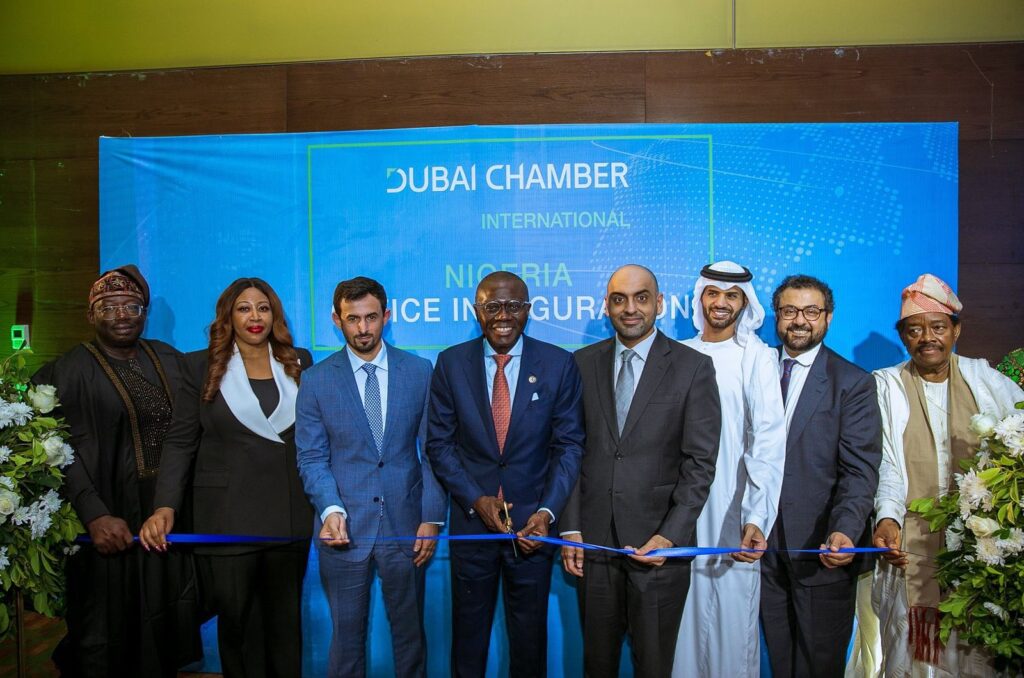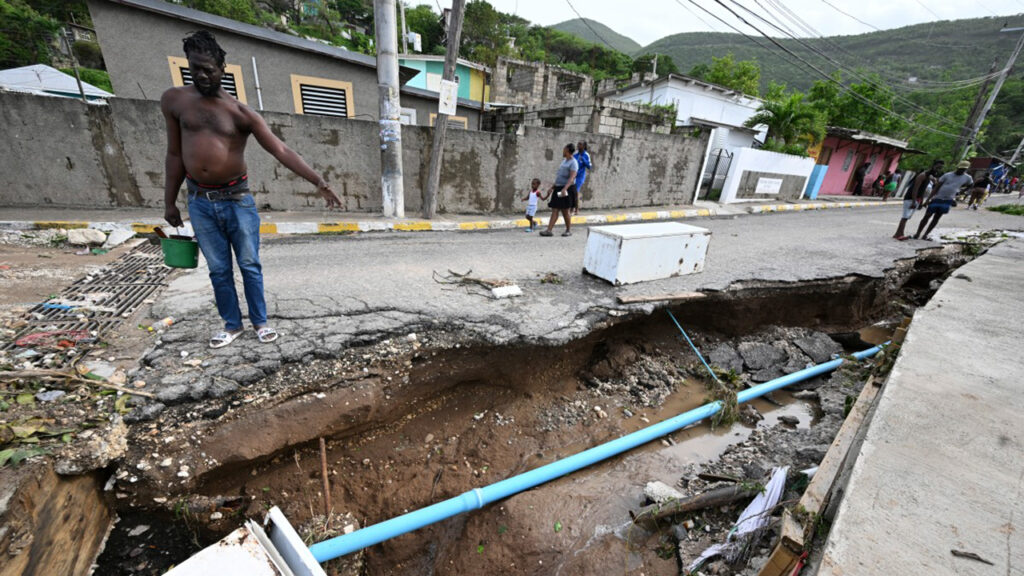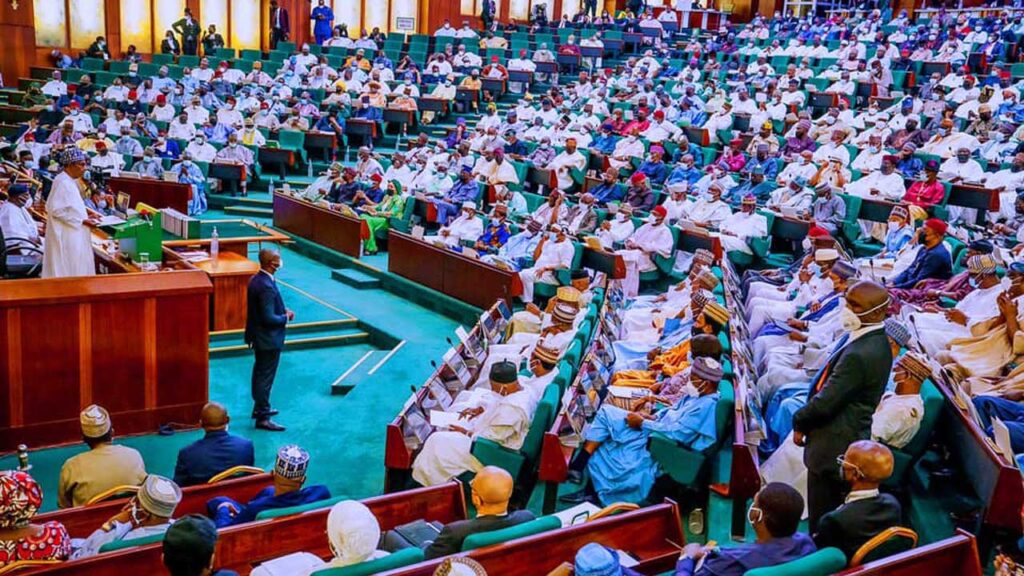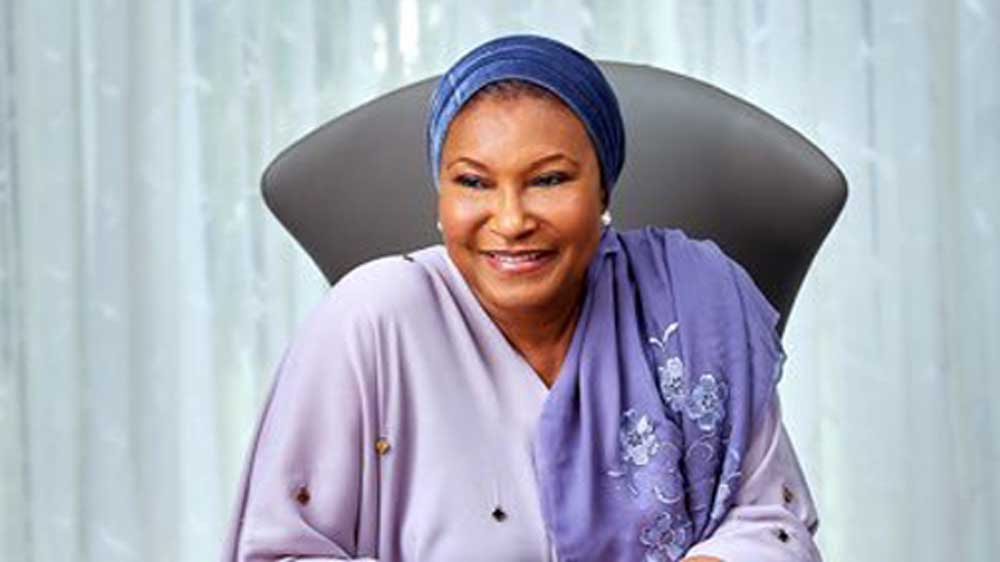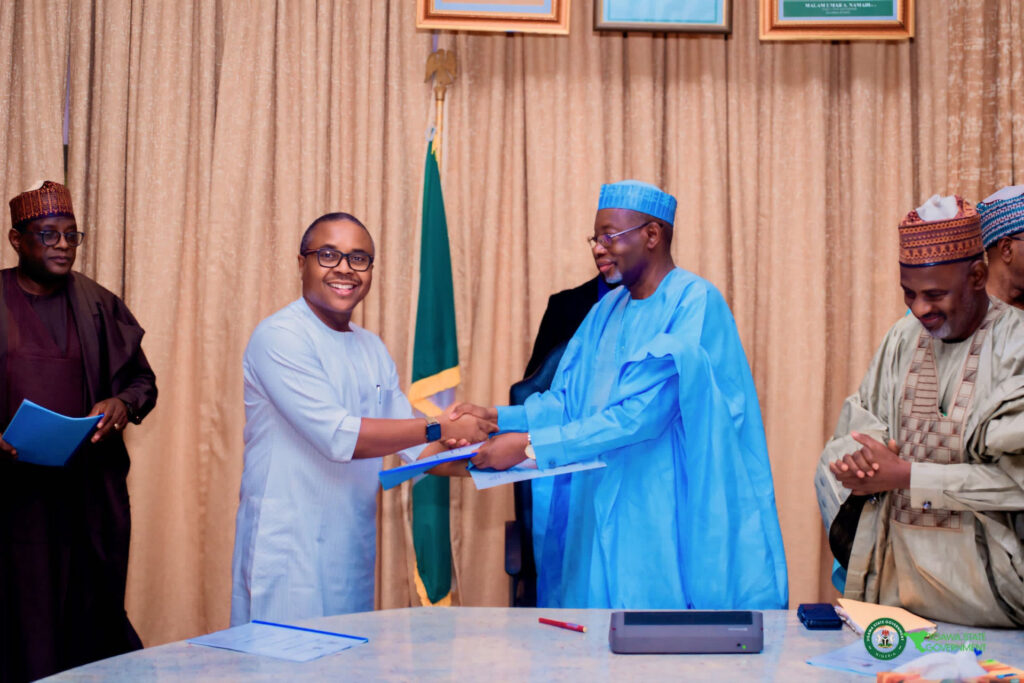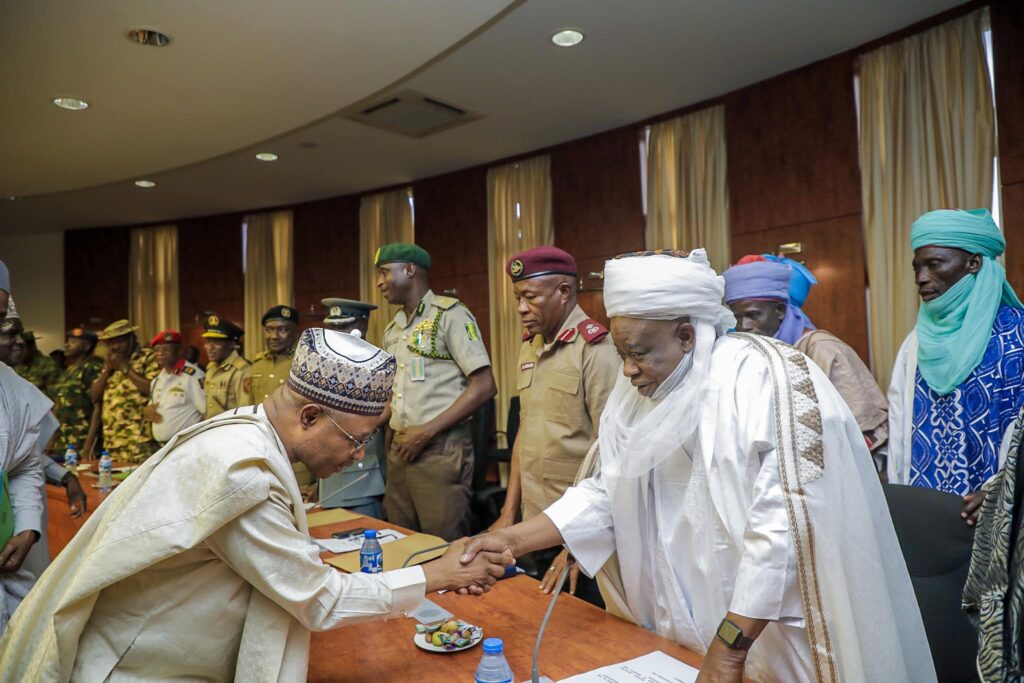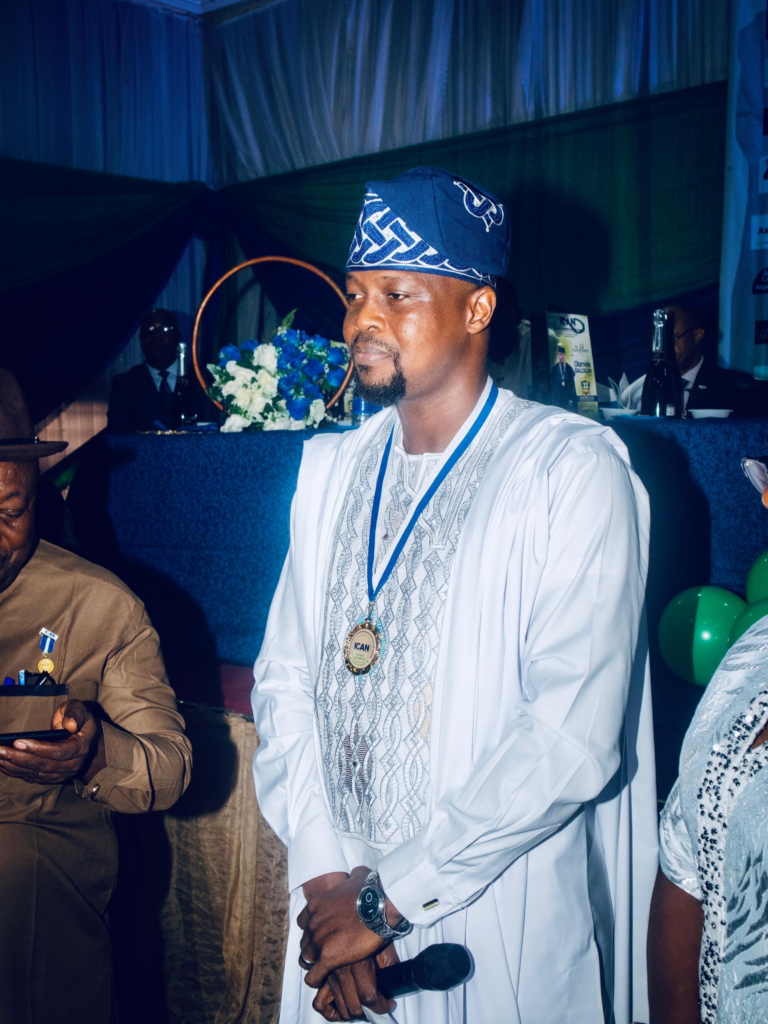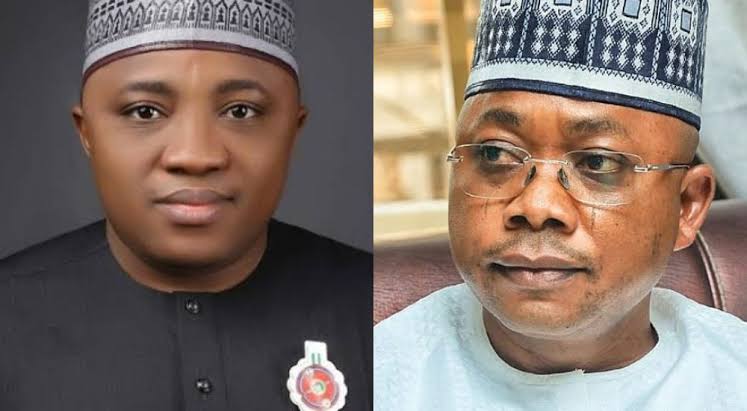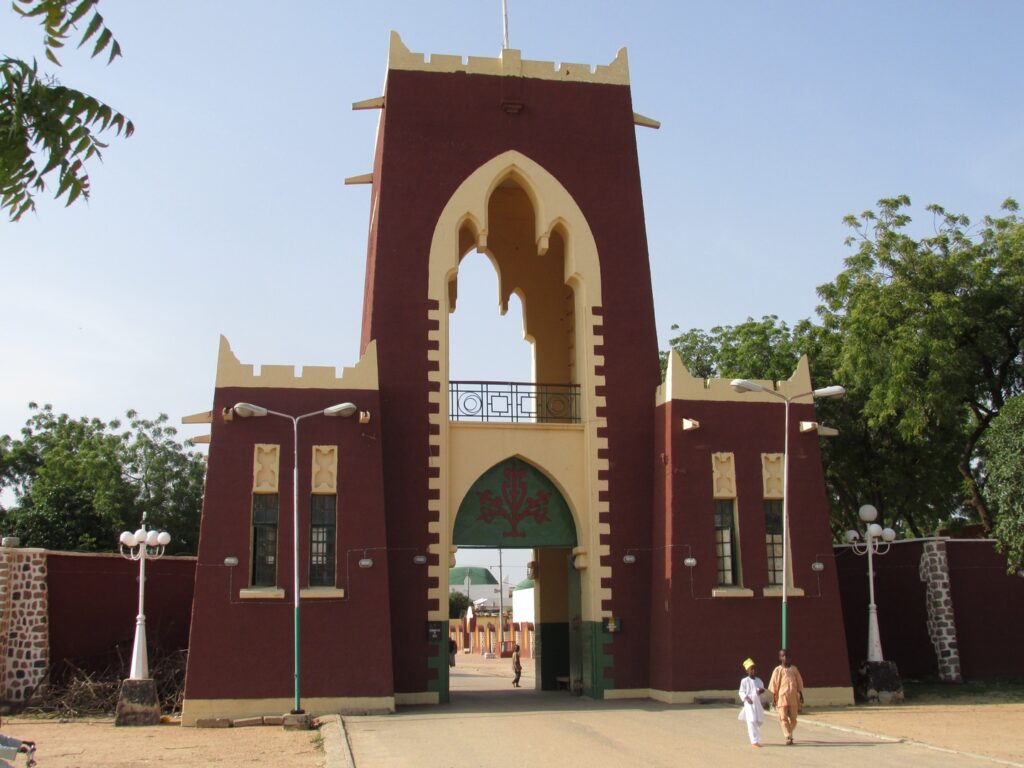
On 17 January, Nigeria and the United Arab Emirates signed an agreement to eliminate double taxation. This illustrates the diplomatic and economic rapprochement between these countries, two of the world’s leading oil producers. Nigeria is keen to attract international investors to boost its economy.
The United Arab Emirates, for its part, has made its African strategy a central element of its diplomacy. The Emirati funding of the Morocco-Nigeria gas pipeline is the culmination of this renewed partnership.
Strong political will to strengthen bilateral relations between Nigeria and the United Arab Emirates
After several years of diplomatic estrangement, Abu Dhabi and Abuja began a significant rapprochement on the diplomatic and economic fronts, and bilateral relations between the two countries began to improve significantly.
On 17 January 2024, Nigeria and the United Arab Emirates signed an agreement to eliminate double taxation on income and to combat tax evasion. A bilateral treaty to promote and protect investment between the two countries was also ratified. This is the latest step in a process that began when Bola Tinubu became president of Nigeria in May 2023.
In September, following Tinubu’s election, the United Arab Emirates lifted visa and flight bans on travellers from Nigeria. The UAE’s two main airlines, Etihad and Emirates, have since resumed flights to Lagos and Abuja.
In November, Reem Al-Hashimy, the UAE Minister of International Cooperation, sent a letter from the UAE authorities to the Nigerian President on 25 November.
On this occasion, the minister from the Gulf monarchy reiterated the desire to strengthen diplomatic relations with Nigeria and to make Abuja a strategic partner: “We are committed to ensuring that Nigeria remains a strategic partner for the UAE and that we continue to work on projects that are important to the Nigerian people.”
On 28 November, the Dubai International Chamber of Commerce opened a trade office in Lagos to consolidate trade and facilitate economic initiatives between the two economies. This is the Chamber’s 7th representative office on the African continent and 28th worldwide.
Mohammad Ali Rashed Lootah, President and CEO of Dubai International Chamber, said: “The Nigerian market is one of the largest in Africa and offers Dubai-based traders’ access to a wide range of markets in Central and West Africa. Our office in Lagos will open new channels of communication and economic cooperation, and we look forward to working together to boost two-way trade and investment”.
The Morocco-Nigeria gas pipeline, a bridgehead for cooperation between Abu Dhabi and Abuja on the African continent
The Morocco-Nigeria gas pipeline is one of the most ambitious energy projects of our time. It will pass through a total of 11 African countries to supply gas to Europe via Spain.
On 4 December, during the visit of King Mohammed VI to Abu Dhabi, Morocco and the Emirates signed a memorandum of understanding for a financial and technical partnership with the State of the United Arab Emirates for the Morocco-Nigeria gas pipeline project.
The Managing Director of the Nigerian National Petroleum Company Limited welcomed this decisive step towards the realisation of the project: “This is one of the most ambitious projects we have, with an investment of more than $25 billion.
“It will connect 11 countries in West Africa to our gas resources, creating prosperity for Nigeria and the region. The implementation of this project, which is a symbol of South-South cooperation, will therefore be accelerated this year.”

